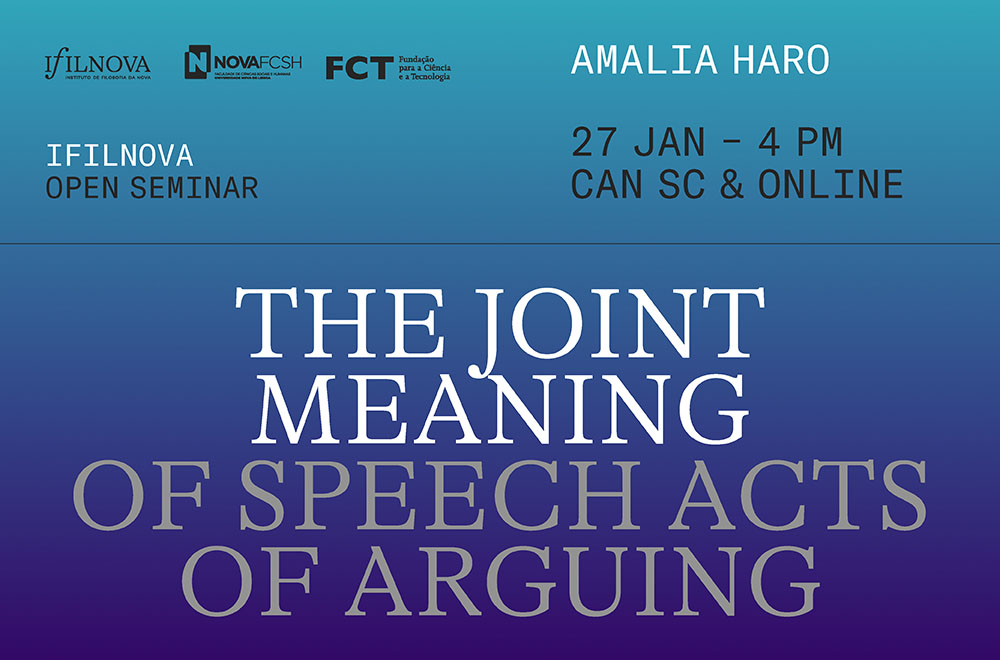The joint meaning of speech acts of arguing

Pragma-dialectics (Van Eemeren & Grootendorst 1984) and the Linguistic Normative Model of Argumentation (Bermejo-Luque 2011) are two proposals that develop systematic and full-fledged models to characterize the speech act of arguing. Despite their differences, both adopt a Searlean approach in their characterization of the speech act of arguing. In order to overcome the problems that this approach entails, I propose to distinguish two levels in the analysis of the illocutionary act of arguing: one related to the speaker’s utterance, and another one related to the communicative exchange in which both the speaker and the hearer are involved. However, it remains to be explained whether the meaning of the speech act of arguing is different at each of these levels. Drawing from Carassa and Colombetti’s (2009) interactional proposal, I will argue that it is necessary to distinguish between the speaker’s meaning and the joint meaning of the speech act of arguing. While the former must be understood as the one that can be attributed to the speech act performed at the first level, the latter must be understood as the meaning jointly construed by the speaker and hearer at the second level, which can coincide or not with the speaker’s meaning.
Everybody is welcome to join!
For online participation, please use the following link (password: 006421).
This event is organized by P. Abreu and E. Rast. The purpose of this seminar series is to give researchers a platform to discuss ongoing work and problems in the philosophy of language, epistemology, argumentation, metaethics, and related areas. For administrative inquiries, please contact Pedro Abreu <pedroabreu@fcsh.unl.pt> or Erich Rast <erich@snafu.de>.

